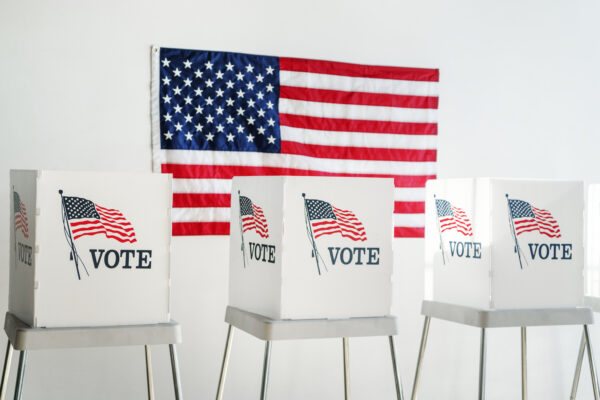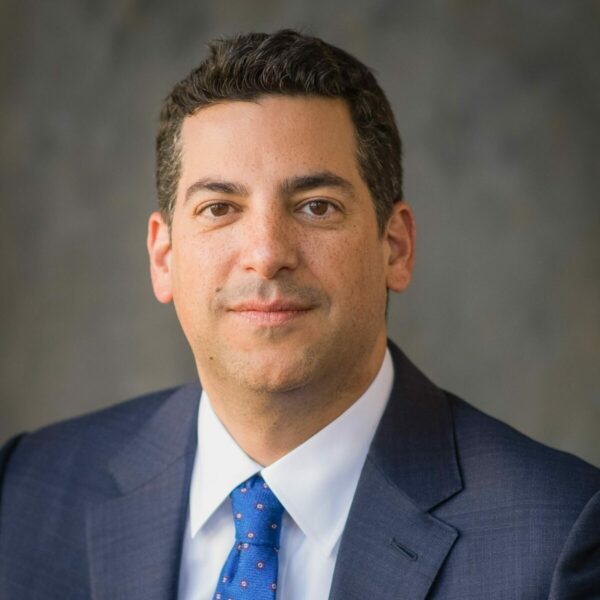By Jessie Hill, professor of law at Case Western Reserve University
The Court’s decision to revisit legislative prayer on the thirtieth anniversary of Marsh v. Chambers, upholding the state of Nebraska’s legislative chaplaincy based on its perceived ratification by longstanding history and tradition, raises numerous questions about the direction its Establishment Clause jurisprudence might take. But perhaps one of the most difficult questions is “why?” Why did the Supreme Court take this case?
Related: New California Net Metering Study Appears to Be DOA












